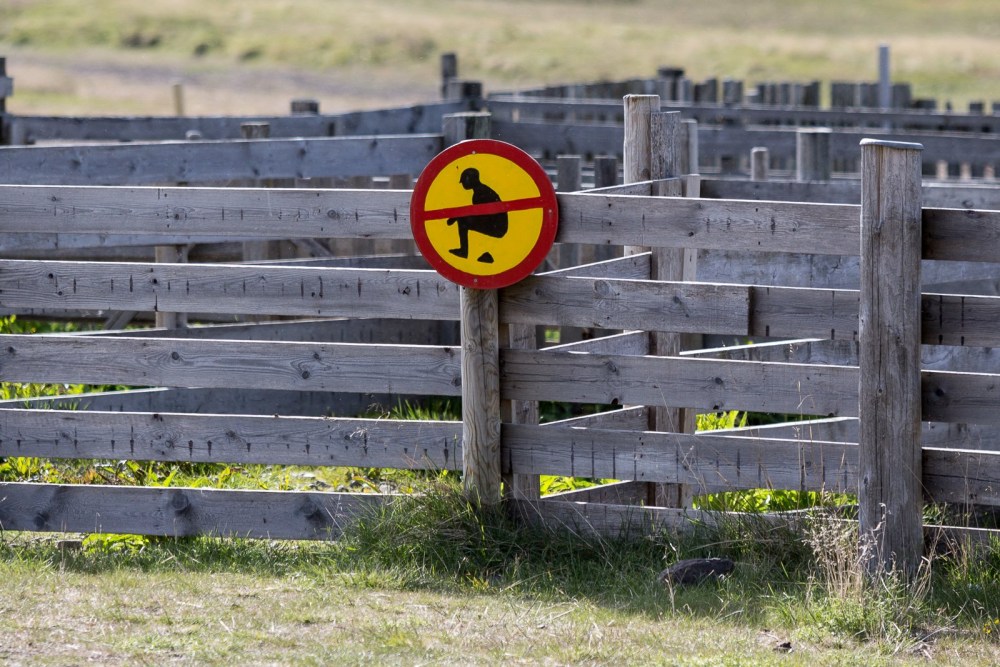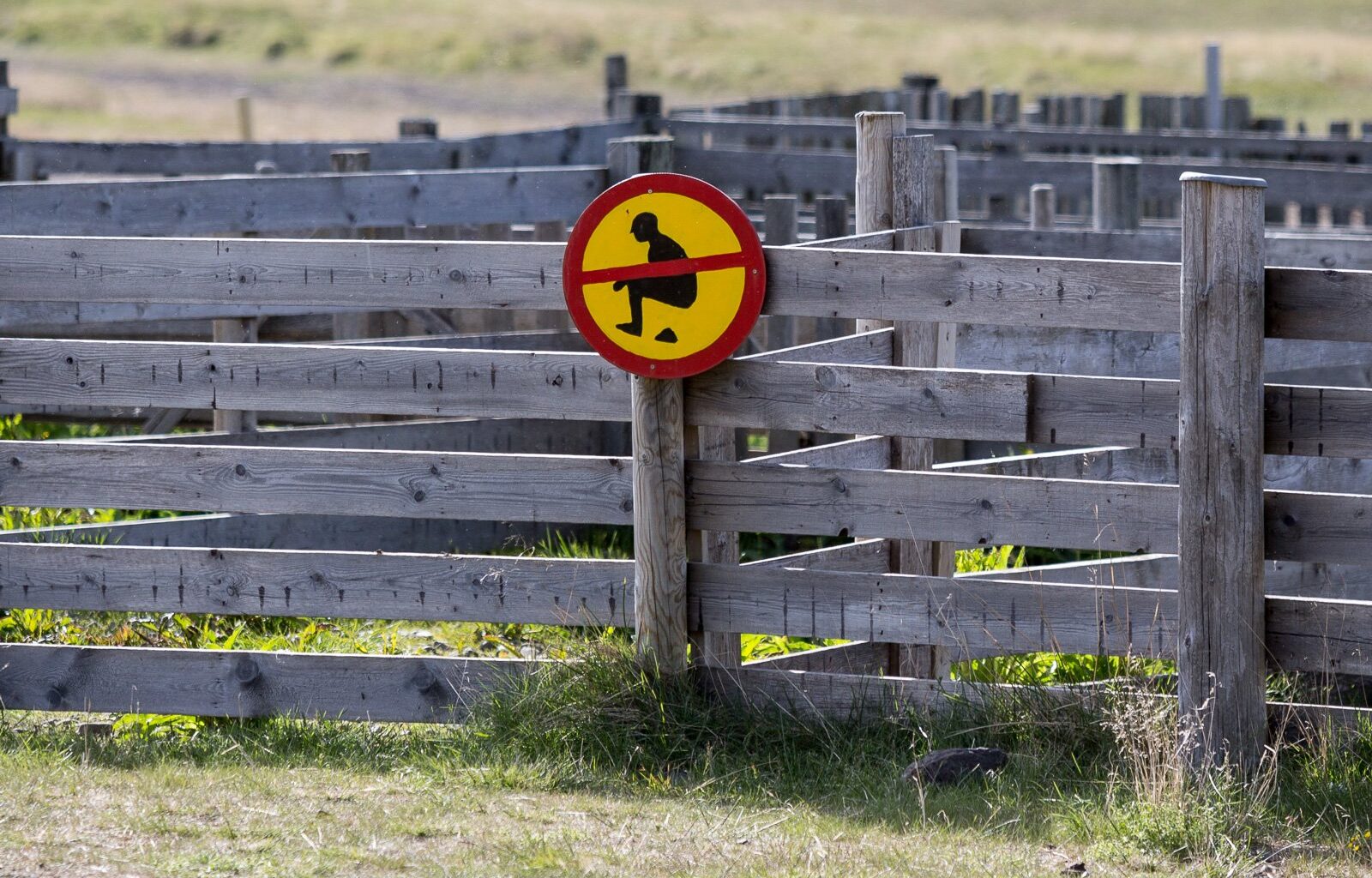

The septic tank in Vík í Mýrdal can no longer handle the sheer number of tourists, sometimes resulting in a bad smell in the town, reports Vísir. In addition, the local residents occasionally have to drive all the way to Selfoss to do their grocery shopping, as the local supermarket’s selection is tailored mainly to tourists.
Ingibjörg Dögg Kjartansdóttir, editor-in-chief of Heimildin, addressed the downsides of Iceland’s booming tourism industry in a recent interview on Bylgjan, pointing out that tourist fatigue is often more pronounced outside Reykjavík.
She attributes much of the sector’s current strain to the government’s unwillingness to implement proper regulation during the rapid growth of the industry.
“What I feel very strongly when travelling around Iceland is that a divide is forming between many Icelanders and the tourism sector,” she said. “All the signage is in English, the services are in English, and all the entertainment is aimed at tourists. The environment is shaped for them — not for us who actually live here.”
According to Ingibjörg, one of Iceland’s major tourism draws — tranquillity — is increasingly becoming a luxury available only to the wealthy. Sites once known for their peace and remoteness are now overwhelmed.
She cites Múlagljúfur as a prime example, a formerly secluded canyon now visited by more than 120,000 people a year. “People spend hundreds of thousands of ISK seeking solitude, only to have it broken by the constant roar of helicopters,” she said.
“This is a rapid transformation of Icelandic society, and it’s not necessarily something that can be easily reversed.”
Funerals interrupted by sightseers
Heimildin recently reported on a funeral in Vík where grieving siblings had to remove intrusive tourists attempting to enter the church. Similar incidents have been reported in Reykjavík, where staff at Hallgrímskirkja regularly face challenges managing the tourist influx.
Grétar Einarsson, churchwarden at Hallgrímskirkja said ceremonies always take precedence, but the sheer number of visitors can create tension.
“It does happen that tourists sneak into weddings and, quite often, funerals,” he said. “We have to post doorkeepers when services are underway to prevent disruptions.”
While noting that most tourists behave respectfully, Grétar acknowledged that some situations leave a lasting impression. “The pressure can be intense. You get exchanges and gestures that really don’t belong in a house of God — or anywhere civilised.”
Ingibjörg highlighted how tourist-centred planning affects daily life for residents of Vík. “Locals say the grocery shop caters to tourists, making it difficult to buy everyday necessities, and they have to drive to Selfoss. The septic tank can’t handle the number of tourists, and sometimes the town smells.”
She concluded with a reminder that while tourism has brought economic benefits — particularly after the financial crash and the pandemic — it comes at a cost.
“Tourism has been vital for our economy, but in the end, we’re paying for it with changes to our society and our nature.”
